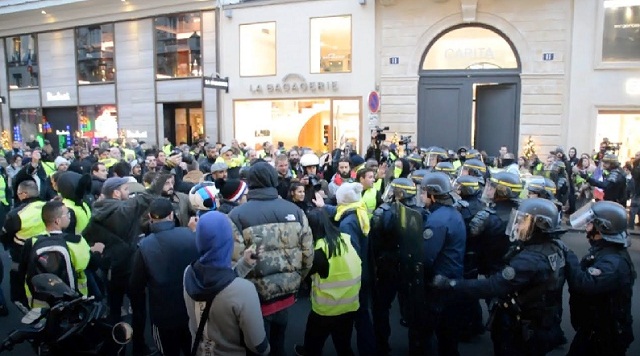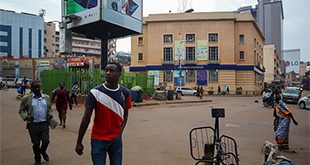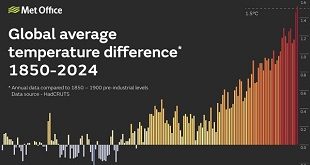
– Free-for-all? –
The debates, to run from January 15 to March 15, are already off to a less-than-auspicious start after the head of France’s national debates commission, Chantal Jouanno, withdrew her participation amid outrage over her 14,666-euro ($16,800) monthly salary.
Mayors are supposed to be organising the public meetings, and local officials will receive documentation kits with economic and statistical talking points to avoid endless shouting matches.
Macron will also publish a personal letter next week to households spelling out his goals for the debates before participating in one of the first, at a gymnasium in Bourgtheroulde in northwest France.
The stakes are high as the president prepares to push through reforms of the retirement and unemployment systems, and streamline public services while cutting thousands of civil servant jobs.
Many ministers in the government, particularly right-wing Economy Minister Bruno Le Maire, are pushing to use the crisis as an opportunity to slash taxes and public spending.
France’s public sector is one of the biggest in the world relative to the size of its economy, but successive governments have struggled to contain spending despite promises to do so.
A lingering standoff with the yellow vests would make it nearly impossible to make headway on other reforms, analysts say.
Macron is also trying to rally support for a centrist pro-Europe alliance ahead of European Parliament elections in May, at a time when populist movements appear to have the wind in their sails.
“Macron has everything to fear from this exercise,” the rightwing Figaro daily wrote in a front-page editorial on Wednesday.
“In trying to bring fresh air into our democracy, it could quickly degenerate into a free-for-all,” it said.
 The Independent Uganda: You get the Truth we Pay the Price
The Independent Uganda: You get the Truth we Pay the Price


